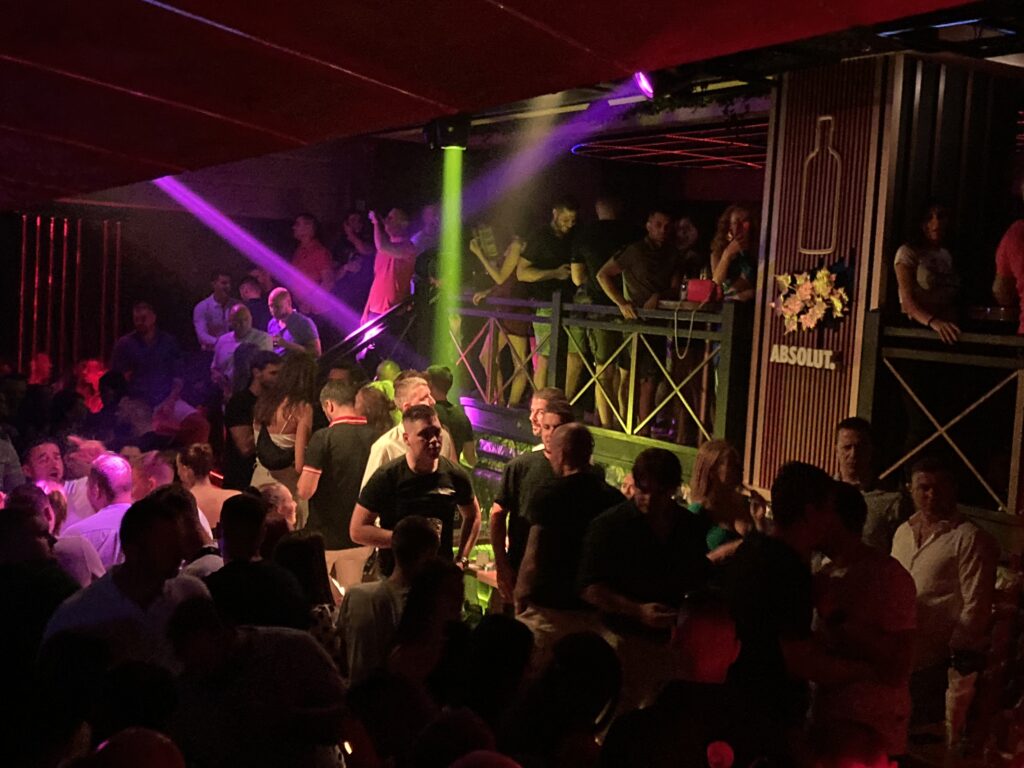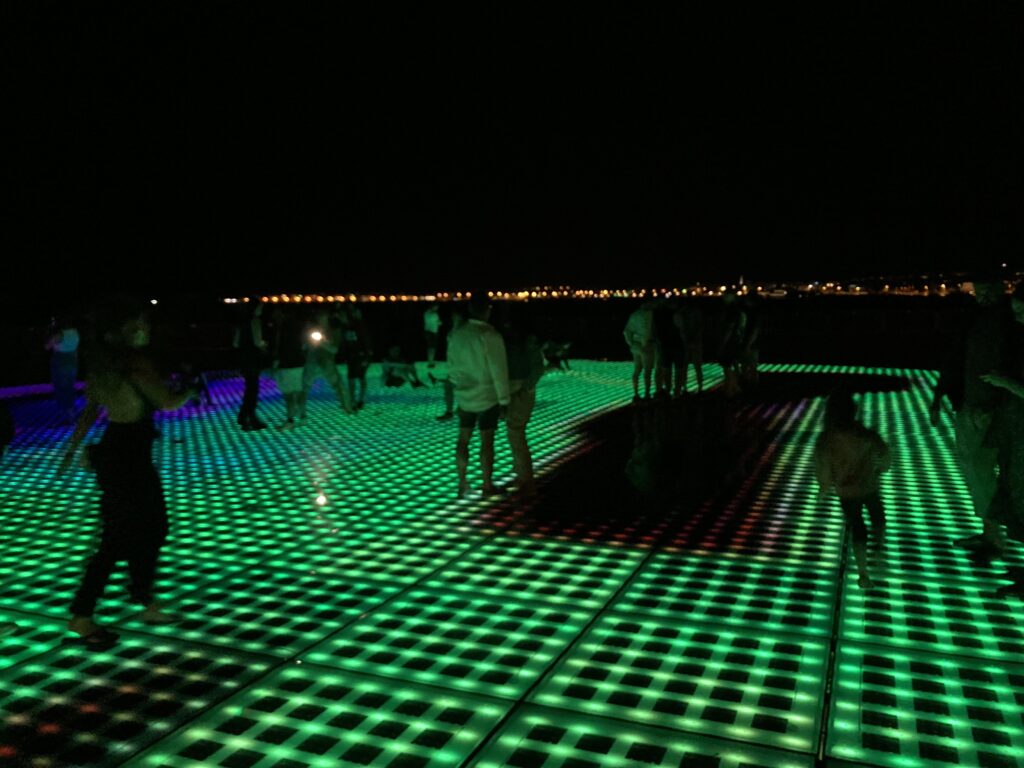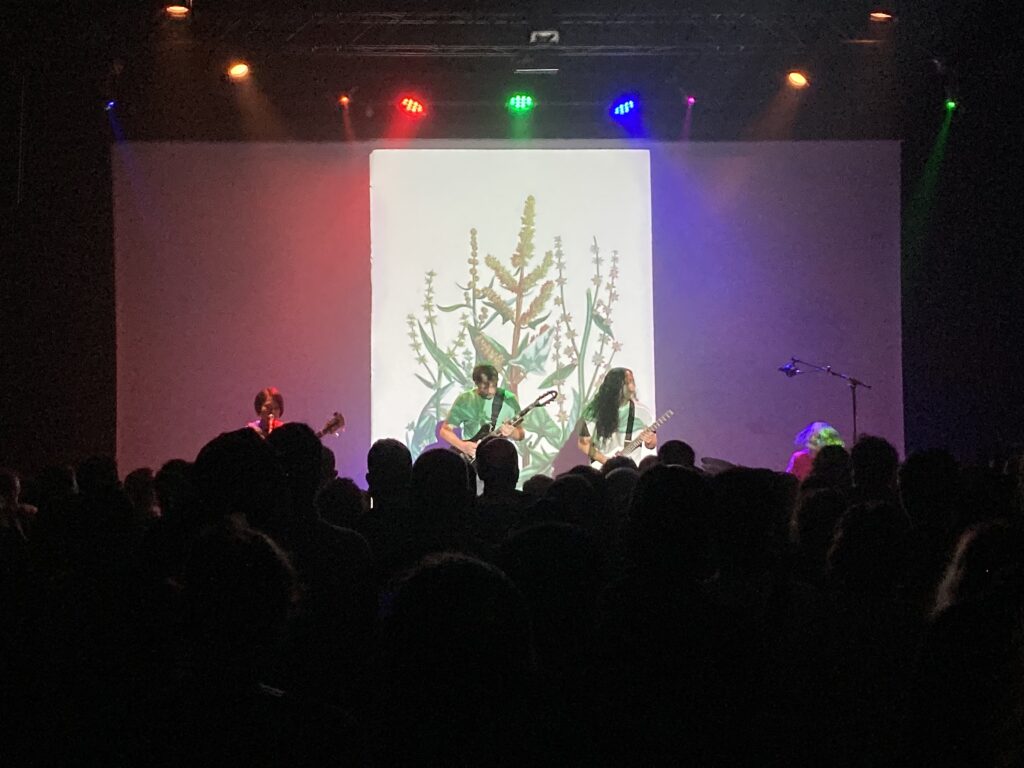Cities have been planned for centuries to be fully operational during the day, but several activities take place in cities between 6 pm and 6 am. Services such as waste collection and management of green areas, logistics of goods, healthcare, and public transport often operate around the clock, with a considerable impact on the urban fabric in addition to the sectors that are traditionally recognized as part of the night-time economy, such as bars, restaurants, clubs, and music venues. 1 out of 15 workers in North America and 1 out of 9 workers in Australia work at night-time, while the night-time economy supports 723,000 jobs in London.
Reshaping how cities function at night to improve services and public spaces for a better quality of life for the residents is a global challenge. Across the globe, more than 100 cities are creating night policies aimed at enhancing the impact of night-time activities for developing new forms of environmental, economic, and social development.
At the same time, night policies are fostering a balance among the needs of different categories of residents, acting on a series of challenges such as the promotion of business and cultural vibrancy, the connection between night-time economy and tourism attractiveness, the creative reuse of public spaces and green areas at night in times of climate emergency, the contrast to noise pollution and the extension of public services after dark, such as public libraries, nurseries, and urban mobility systems.

Governing the night after the emergency
The collaboration among local governments on night-time policies is particularly important for supporting the long-term recovery of some of the sectors more strongly affected by the consequences of the COVID-19 pandemic. The pandemic had a devasting impact on the night-time economy, with a high number of clubs and music venues that struggled to reopen and night services that were canceled or strongly reduced. However, a global debate on night-time recovery after COVID-19 led many local authorities around the world to reflect on the impact of the sector on local economies and on city attractiveness. Safely reopening bars, clubs, and cultural venues was the priority, but some habits that emerged after the pandemic, such as a stronger use of outdoor spaces, are positively kept but need to be effectively managed to improve the quality of life in cities and guarantee the right to the city at night for all.
The need for more integrated governance of the challenges related to the night-time economy was revamped in many cities across the globe. Local governments appointed night mayors or created night commissions, following the example of cities such as Amsterdam, Berlin, Zurich and San Francisco that consolidated these forms of governance by the beginning of the 2000s, while other cities created night-time economy offices which fostered the coordination among different departments with policies having a direct impact on the night-time.
Many local authorities appointed deputy mayors or councilors with thematic competencies on night issues, reinforcing the collaboration with the mayor’s offices or with public safety, economic development, or cultural policies. Stronger ownership of the night-time challenges also led to the recognition of the clubbing culture as part of the cultural landscape in Berlin and to the creation of initiatives such as funding schemes for supporting the cultural vibrancy of music venues in Tallinn or the installation of soundproof systems in night venues in Paris.

The urban networks on night-time economy
Even though the night-time economy is an emerging field in the urban debate across the globe, there are still not so many urban networks or collaborative projects fostering the dialogue among local authorities on the topic. One of these few is Cities After Dark, the first EU co-funded network promoted by the URBACT program, which is fostering the creation of integrated action plans in 10 European cities that are exploring the different dimensions of urbanity at night.
Led by Braga and having Paris, Tallinn, Nicosia, Genoa, Malaga, Varna, Piraeus, Budva, and Zadar as partners, the network is spreading a stronger awareness of the role played by cultural venues, clubs, and other night hubs for the quality of life of the inhabitants and for the future of cities, which can regenerate unused spaces and structures also rethinking the operational hours and the connection with other urban services and infrastructures. This diverse group of cities comprises urban contexts with different experiences in the night-time economy but is united by the commitment to making the night an open laboratory for experimenting with innovative functions that can improve how cities operate on a 24/7 basis, leaving no one behind.
Elements such as the promotion of gender equality and the access of women and minority groups to better jobs at night recall a series of challenges that need to be tackled acting on several dimensions at urban level, from the redesign of public spaces and public lighting systems to the accessibility of public transport and the safety of cultural and entertainment venues.

The role of city diplomacy in making cities better at night
City diplomacy can be a powerful ally for making cities better at night. The dialogue among city representatives, experts, and night activists organized at the occasion of the last UN Habitat’s World Urban Forum of Katowice and fuelled by the Safer Cities Programme is an interesting example of how global forums can spark the conversation on a topic that is crucial for the future of cities. Consultancy agencies are acting as a point of reference for night mayors, experts, and practitioners across the globe, while major events such as the Montreal Night Summit MTL 24/24 are fostering collaboration among night-time managers and experts from America and the rest of the world.
City diplomacy can also be decisive for popularizing the discourse over the potential of the night as a testing ground for innovative actions in the cities of the Global South, where thematic policies or integrated forms of governance of the night-time economy are less present than in the rest of the world. The analysis of different night strategies, action plans, and integrated forms of governance is an important step for raising awareness on a topic such as the night-time economy, which has been rooted in the tradition of numerous countries (for example, with night markets or other forms of public life and celebration after dark) but can still act as a driver for growth with activities fostering not only economic and cultural vibrancy but also safety and community spirit.
Simone d’Antonio
City Diplomacy Lab Associate Fellow & URBACT Lead Expert – Cities After Dark
Author of the Cities After Dark Baseline Study and Network Roadmap
Header image: the partners of the URBACT network Cities After Dark at the Machine du Moulin Rouge, at the occasion of the Transnational Meeting of Paris in February 2024 – Credits: Simone d’Antonio

